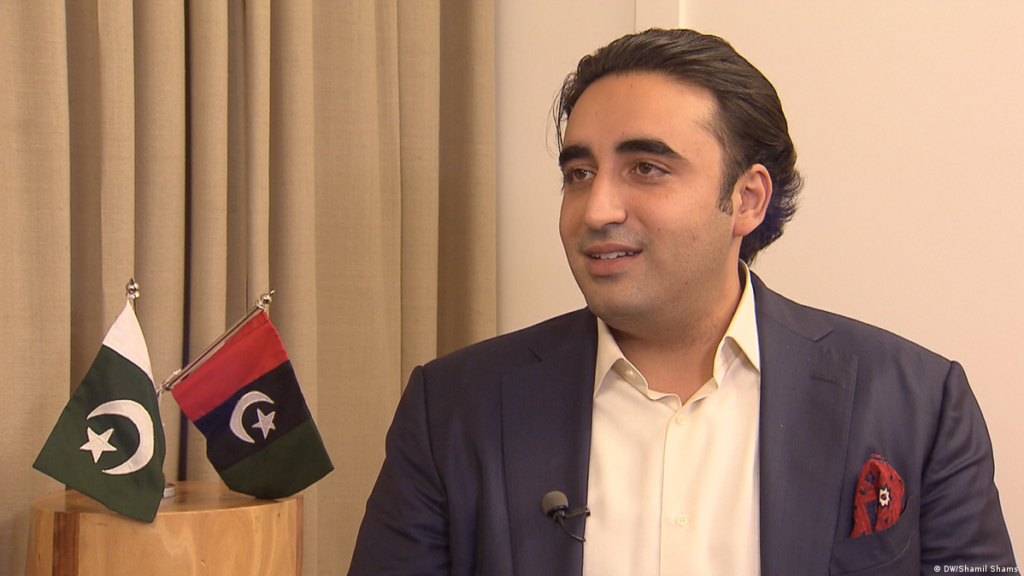ISLAMABAD: In a conciliatory gesture, Bilawal Bhutto-Zardari, the chairman of the Pakistan Peoples Party (PPP), extended an invitation to the Pakistan Tehreek-i-Insaf (PTI) on Friday to join the Charter of Democracy (CoD), a pact signed by two major parties.

The aim of this invitation is to ensure that no political group seeks military support to attain or topple a democratic government.
Speaking with reporters after inaugurating a free diagnostic lab facility initiated by the JDC Foundation, Bhutto-Zardari displayed a more moderate approach toward the rival PTI following the announcement of election dates. While not ruling out the possibility of an electoral alliance with the PTI, he expressed reservations about the PTI’s recent efforts to tarnish state institutions in the lead-up to the forthcoming elections.
In response to a query regarding the potential of a PPP-PTI electoral alliance in Punjab, Bhutto-Zardari stated, “We have not yet made any decision in this regard.” He also stressed the importance of the Charter of Democracy, suggesting that all political parties in Pakistan should participate in this initiative, including the PTI.
The Charter of Democracy, signed by former Prime Ministers Benazir Bhutto and Nawaz Sharif, was originally penned in London in May 2006 during the era of Pervez Musharraf’s dictatorship. It envisioned the establishment of a political system based on harmony and reconciliation in Pakistan, with the aim of ensuring the continuity of a democratic system that had frequently been derailed by military rule.
Bhutto-Zardari welcomed the official announcement of the election date by the Election Commission of Pakistan (ECP) but emphasized that a level playing field should be available to all political parties contesting the elections. He expressed confidence that the PPP would secure victory in the upcoming election, despite historical challenges faced by the party in terms of a fair electoral environment.
He also addressed the repatriation of Afghan nationals who had been residing in Pakistan illegally, raising concerns about the process and its potential human rights violations. Bhutto-Zardari emphasized the importance of adhering to human rights principles and legal mechanisms while addressing illegal activities, expressing reservations about the current repatriation procedures.


